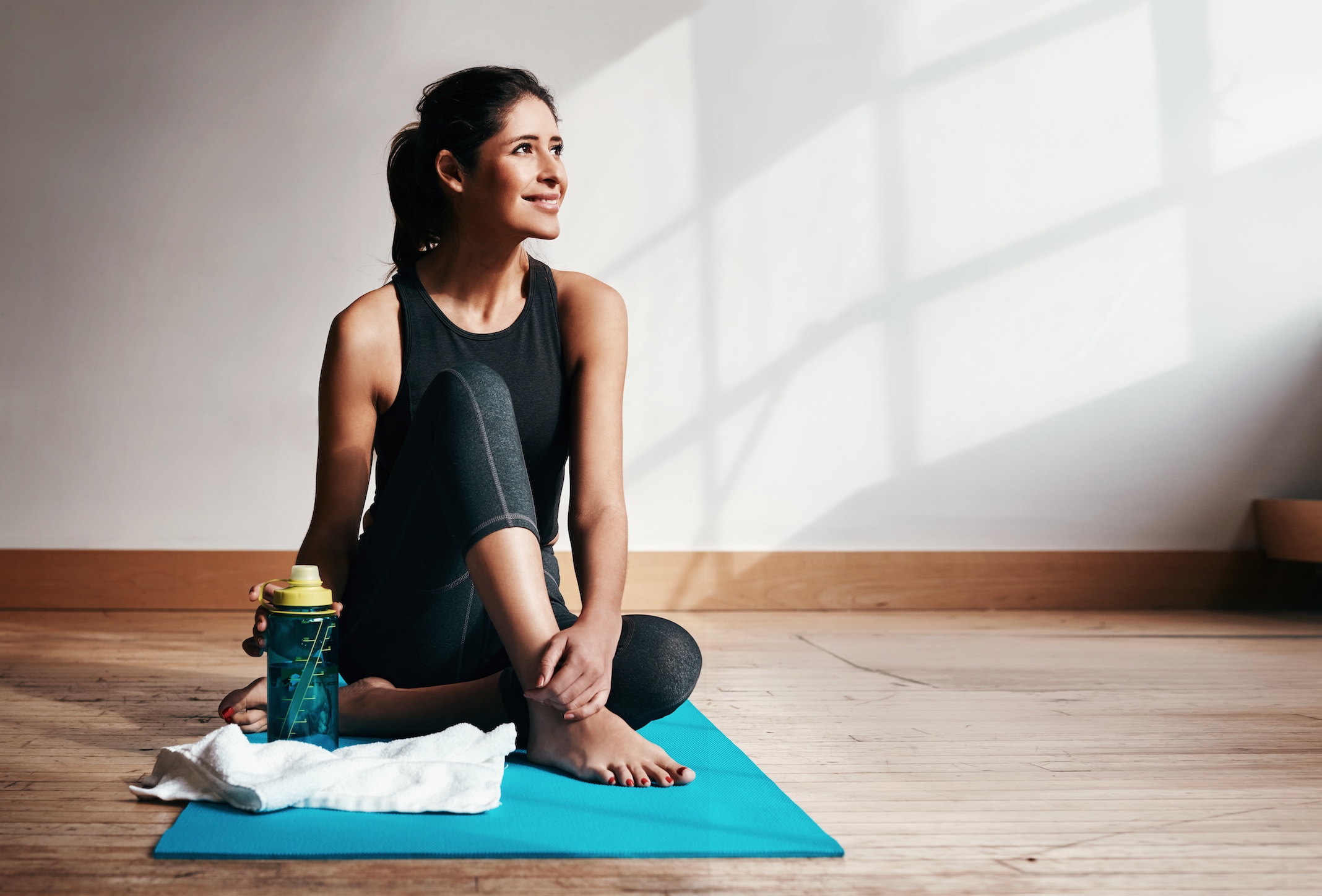How Your Immune System is Your Closest Friend in the Fight Against Coronavirus

Since it first emerged in December 2019, the COVID-19 coronavirus has spread around the world, fast. Whilst governments are taking unprecedented steps to limit the spread of the virus, medical experts predict it’s likely to get worse before it gets better. We know it’s a virus, but what does it mean? What happens in our body? And why are some at greater risk than others?
The constant headlines and (mis)information about the virus can cause huge anxiety. From fears of infection to whether there will be enough food and toilet paper on supermarket shelves, many of us are left scared about what will happen if we, or someone we love, contracts COVID-19. Yes, the global spread of COVID-19 is worrying. But let’s take charge of this moment and use it as a trigger to make positive changes to take control of your health today and for the future.
Are we sitting ducks with clean hands?
For now, the official advice is to wash your hands frequently, use hand sanitiser when soap and water is not available, shield your mouth and nose when you sneeze or cough, limit non-essential travel and stay at home if you suspect you have symptoms or have been exposed to the virus.
But is this all we can do? Even as shelves are left empty of soap and hand sanitiser, the virus has continued to spread. Is there anything else we can do, or are we just sitting ducks with very clean hands?
From helpless to empowered
As a nutritional therapist, researcher and practitioner with the privilege of working with a talented team of health and performance specialists at Hintsa Performance, I have seen in my clinic how lifestyle changes can have an impact on health. Most importantly, diet and lifestyle changes can have a profound impact on your immune system and your ability to fight off any virus, including COVID-19.
Nothing can give you a 100% guarantee that you won’t get sick, but you can reduce the odds. Washing your hands to ‘Happy Birthday’ is great, and I would encourage everyone to do this. But we can, and should, be doing more to protect our health. As the world goes crazy, let’s start to be proactive and take steps to manage our health and this virus.
It is all about the immune system
A new study in the Lancet published on 11th March 2020, explains that a weakened immune system and increased inflammation promotes viral replication in the body and makes it harder to ‘switch off’ our pro-inflammatory responses. This is why the elderly and those with underlying chronic health conditions are thought to be at higher risk of mortality from COVID-19.
In simple terms, your level of risk is based on your immune system’s ability to:
- Identify an invader i.e. the virus COVID-19
- Respond to attacks from an invader before it takes hold. For most people the attack stops here.
- If the invader takes hold, respond appropriately. This is where your body diverts great amounts of energy to the immune system to rid you of the virus. Symptoms like fatigue, mucus, coughing and a raised temperature is a sign your immune system is hard at work.
- Go to war. If an invader takes hold, your immune system will mount an all-out attack to protect you. Usually the immune system will win, but in some extreme immune compromised and tragic cases, it won’t.
So what does this mean to you, your family or your workforce?
- The vast majority of people will have a strong enough immune system to protect themselves from COVID-19, and any other influenza-like virus.
- A small proportion of the population falls into a higher risk category including the sick, the elderly and the immune compromised who are particularly vulnerable to viral infection.
The average healthy person is unlikely to experience serious symptoms from a virus, and may not even know if they contract COVID-19. But unwittingly spreading the virus to an ‘at risk’ individual can have devastating consequences. Statistically, the chances of a serious response to COVID-19 is very low, but as the virus spreads across the world the total number of mortalities will inevitably rise.
How to stay up to date and take action
Over the coming weeks we share articles, free resources and concrete recommendations on taking care of yourself, your family and co-workers. Subscribe to our mailing list and you will be the first to hear about our free webinars, latest updates, blog posts, and much more. We also offer a vast variety of webinars for organisations that address the challenges of office workers contained to their home.
Keep spreading positive messages, protect those who are vulnerable, share, be kind, and use this crazy time that we are in to reset and start forming positive lifetime habits.
Disclaimer: This article contains general information about nutrition and health. The information is not advice and should not be treated as such. Always follow government advice and do not rely on this information as an alternative to medical advice from your doctor or other professional healthcare provider.



